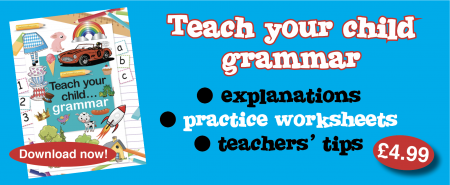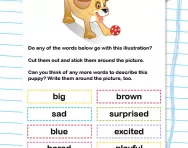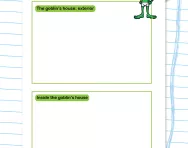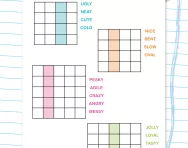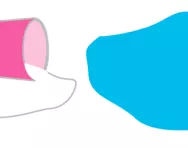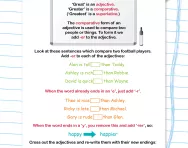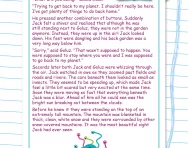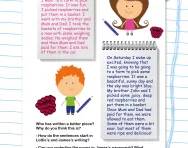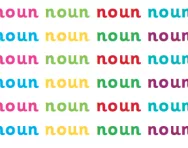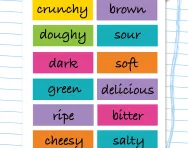Important update from TheSchoolRun
For the past 13 years, TheSchoolRun has been run by a small team of mums working from home, dedicated to providing quality educational resources to primary school parents. Unfortunately, rising supplier costs and falling revenue have made it impossible for us to continue operating, and we’ve had to make the difficult decision to close. The good news: We’ve arranged for another educational provider to take over many of our resources. These will be hosted on a new portal, where the content will be updated and expanded to support your child’s learning.
What this means for subscribers:
- Your subscription is still active, and for now, you can keep using the website as normal — just log in with your usual details to access all our articles and resources*.
- In a few months, all resources will move to the new portal. You’ll continue to have access there until your subscription ends. We’ll send you full details nearer the time.
- As a thank you for your support, we’ll also be sending you 16 primary school eBooks (worth £108.84) to download and keep.
A few changes to be aware of:
- The Learning Journey weekly email has ended, but your child’s plan will still be updated on your dashboard each Monday. Just log in to see the recommended worksheets.
- The 11+ weekly emails have now ended. We sent you all the remaining emails in the series at the end of March — please check your inbox (and spam folder) if you haven’t seen them. You can also follow the full programme here: 11+ Learning Journey.
If you have any questions, please contact us at [email protected]. Thank you for being part of our journey it’s been a privilege to support your family’s learning.
*If you need to reset your password, it will still work as usual. Please check your spam folder if the reset email doesn’t appear in your inbox.
What is an adjective?

What is an adjective?
Adjectives are words used to describe and give more information about a noun, which could be a person, place or object.
Children are encouraged to use adjectives in their stories to make them more interesting for the reader. It is very common for children to race ahead with the action of a story, and they often need reminding to stop and think about what a character looks like or feels or how they might describe the setting of their story.
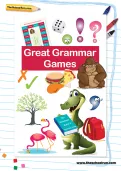
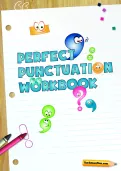
Download Fantastic FREE Grammar Resources!
- Perfect Punctuation Workbook
- Grammar Games Pack
- PLUS 100s of other grammar resources
How are children taught about adjectives in the classroom?
Children need to get into the habit of using adjectives from a young age, so that this skill becomes innate in their writing. From Year 3 onwards they will be expected to start using more sophisticated adjectives. For example, in Key Stage 1 they may use the word 'scary'. In Key Stage 2 they would need to start thinking of other words for 'scary', synonyms such as: 'terrifying', 'haunting', 'chilling', 'creepy', 'intimidating' or 'menacing'. Use of a thesaurus can help with finding more effective adjectives.
Children in Key Stage 2 will further their use of adjectives by forming similes.
For example, in Key Stage 1 you might expect a child to write the sentence:
She touched the warm, yellow sand.
But in Key Stage 2, you would want them to move onto a more detailed description of the sand, incorporating a simile:
The pale, fine sand ran through her fingers, as soft as silk.
How do children learn to use adjectives in their writing?
These are some ways that teachers encourage children to use adjectives in their writing:
- A word bank of adjectives for the child to have by their side while they are writing to help them improve their description.
- Underlining nouns when marking a child's writing, with a written comment to prompt them to add an adjective to the noun.
- Modelling on the board how to incorporate adjectives into writing.
- Providing a thesaurus so that children can find more interesting adjectives that they might not have previously known.
- Having a list of adjectives as part of class display, that children constantly add to.
